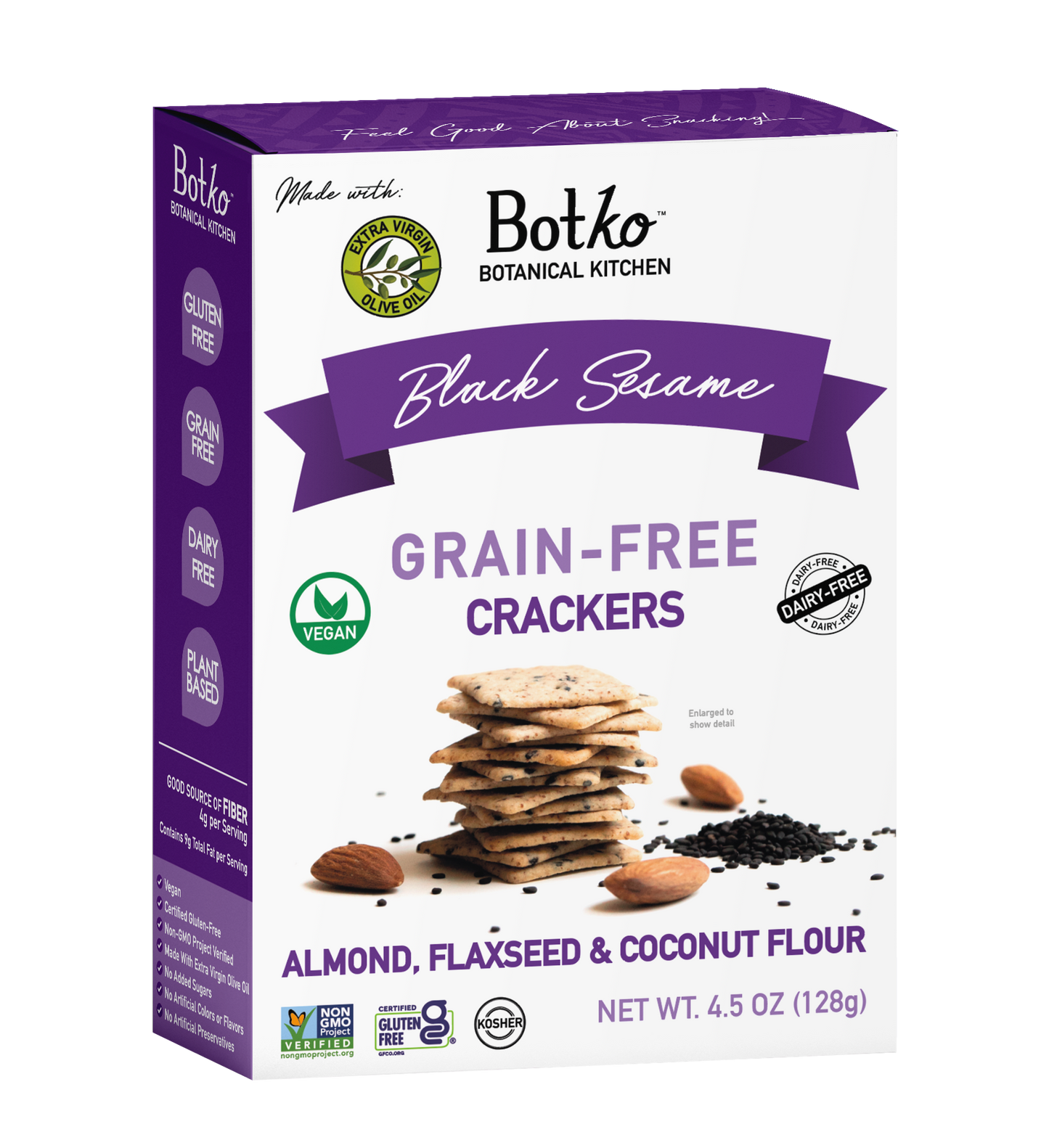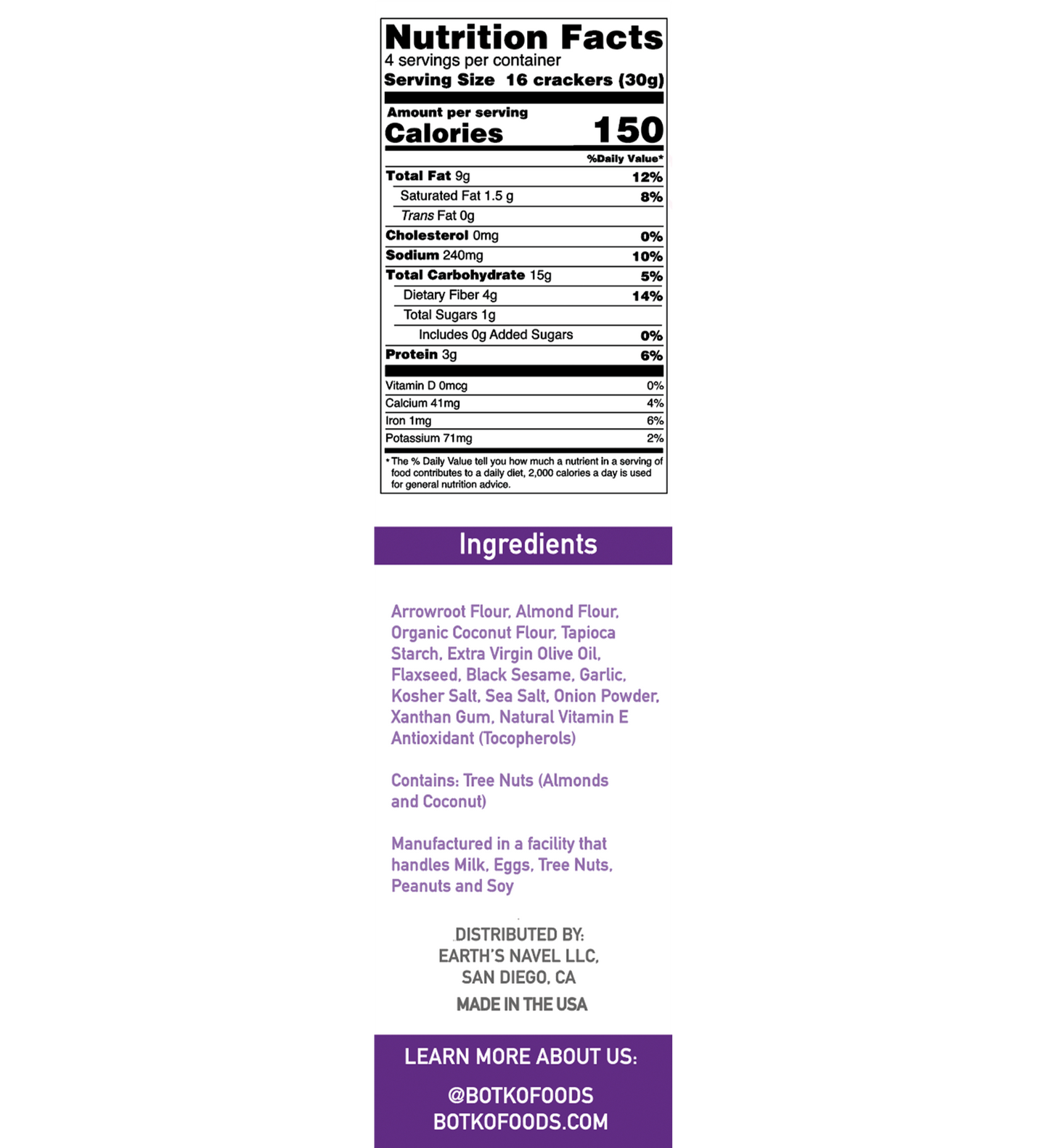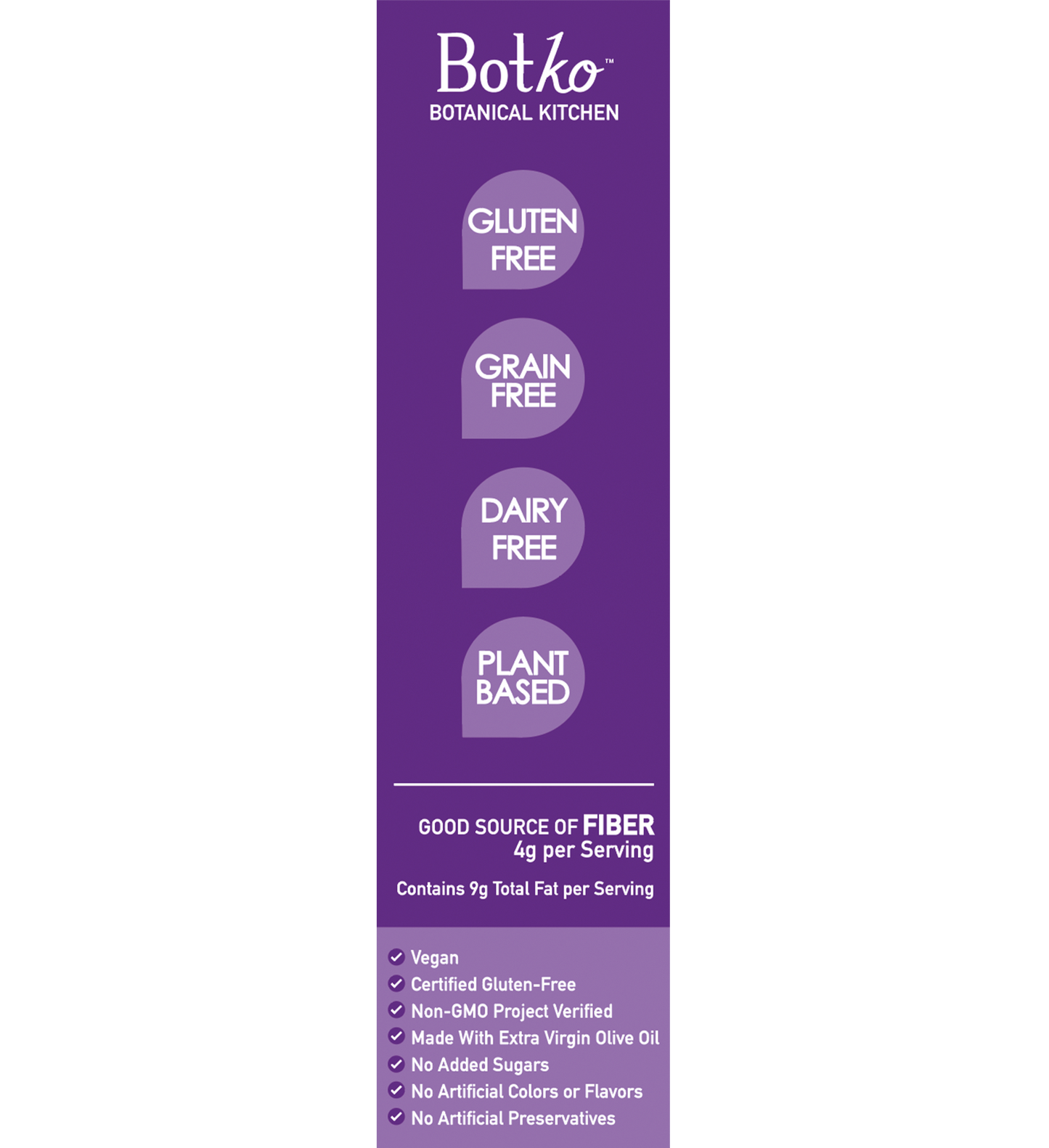The gut, often referred to as the "second brain," plays a crucial role in our overall health and well-being. A healthy gut contributes to a strong immune system, efficient digestion, and even impacts our mood and mental clarity. Just as we tend to our physical fitness, taking care of our gut health through proper nutrition is equally important. In this blog, we'll delve into the world of gut health and provide you with valuable insights on how to eat for optimal gut function.
Understanding Gut Health
Our gut is home to trillions of microorganisms, collectively known as the gut microbiota or gut flora. These microorganisms, including bacteria, viruses, and fungi, play a significant role in maintaining the health of our digestive system and beyond. A balanced gut microbiota is essential for:
-
Digestion and Nutrient Absorption: Beneficial gut bacteria help break down food and absorb nutrients effectively.
-
Immune System Support: A well-balanced gut contributes to a robust immune system, protecting us from infections and diseases.
-
Mental Health: The gut-brain connection highlights how gut health can influence mood, stress levels, and cognitive function.
-
Inflammation Regulation: A healthy gut helps control inflammation, which is linked to chronic diseases.
Eating for Gut Health
-
Fiber-Rich Foods: Incorporate a variety of fiber-rich foods, such as whole grains, legumes, fruits, and vegetables, into your diet. Fiber feeds beneficial gut bacteria and supports regular bowel movements.
-
Prebiotics: Prebiotics are non-digestible fibers that promote the growth of beneficial gut bacteria. Foods like garlic, onions, leeks, asparagus, and bananas are excellent sources of prebiotics.
-
Probiotics: Probiotics are live bacteria that provide a direct influx of beneficial microorganisms to your gut. Fermented foods like yogurt, kefir, sauerkraut, kimchi, and kombucha are natural sources of probiotics.
-
Diverse Diet: Aim for a diverse and colorful diet. Different foods introduce a variety of nutrients to your gut, promoting a diverse gut microbiota.
-
Omega-3 Fatty Acids: Omega-3s, found in fatty fish, flaxseed, and walnuts, have anti-inflammatory properties that benefit gut health.
-
Limit Processed Foods: Highly processed and sugary foods can negatively impact gut health by promoting the growth of harmful bacteria.
-
Stay Hydrated: Drinking enough water supports the movement of food through your digestive system.
-
Mindful Eating: Eating slowly and mindfully can improve digestion by allowing your body to properly process and absorb nutrients.
-
Reduce Stress: Chronic stress can disrupt gut health. Engage in stress-reducing activities like yoga, meditation, and deep breathing.
-
Limit Antibiotics: While antibiotics are important for fighting infections, overuse can disturb the balance of gut bacteria. Use antibiotics as prescribed by your healthcare provider.
Caring for your gut is a holistic approach to maintaining overall health and vitality. By making mindful choices about the foods you eat, you can positively impact your gut microbiota and support digestion, immunity, and mental well-being. Remember that achieving a healthy gut is a journey, and small, consistent changes can make a big difference over time. As always, consult with a healthcare professional before making significant dietary changes, especially if you have specific health conditions. Prioritize your gut health, and your body will thank you with increased energy, improved digestion, and a stronger foundation for overall wellness.






